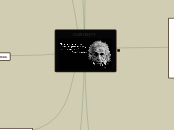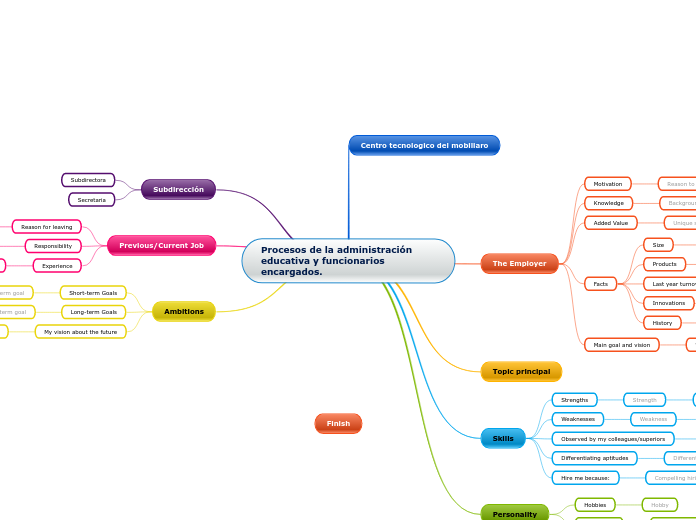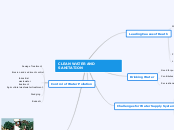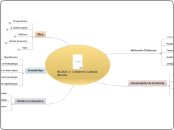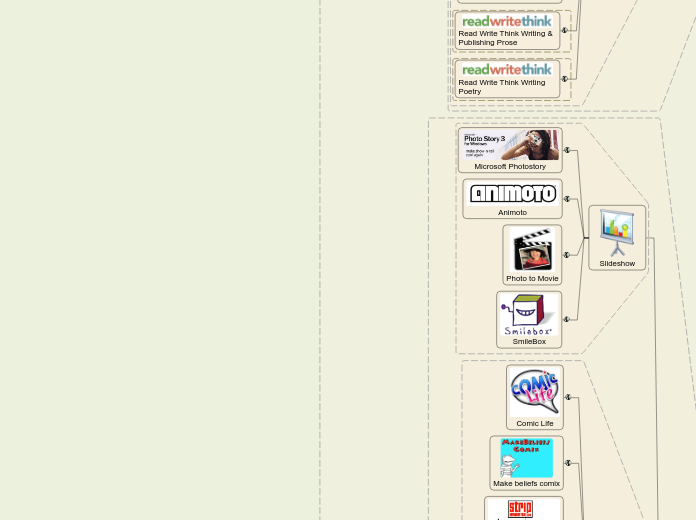by chad bennett 9 years ago
803
curiosity
Curiosity is an intrinsic trait that is challenging to instill from external sources, making it a complex objective in educational settings. Teachers can facilitate environments and activities that enable students to uncover their own knowledge gaps.
